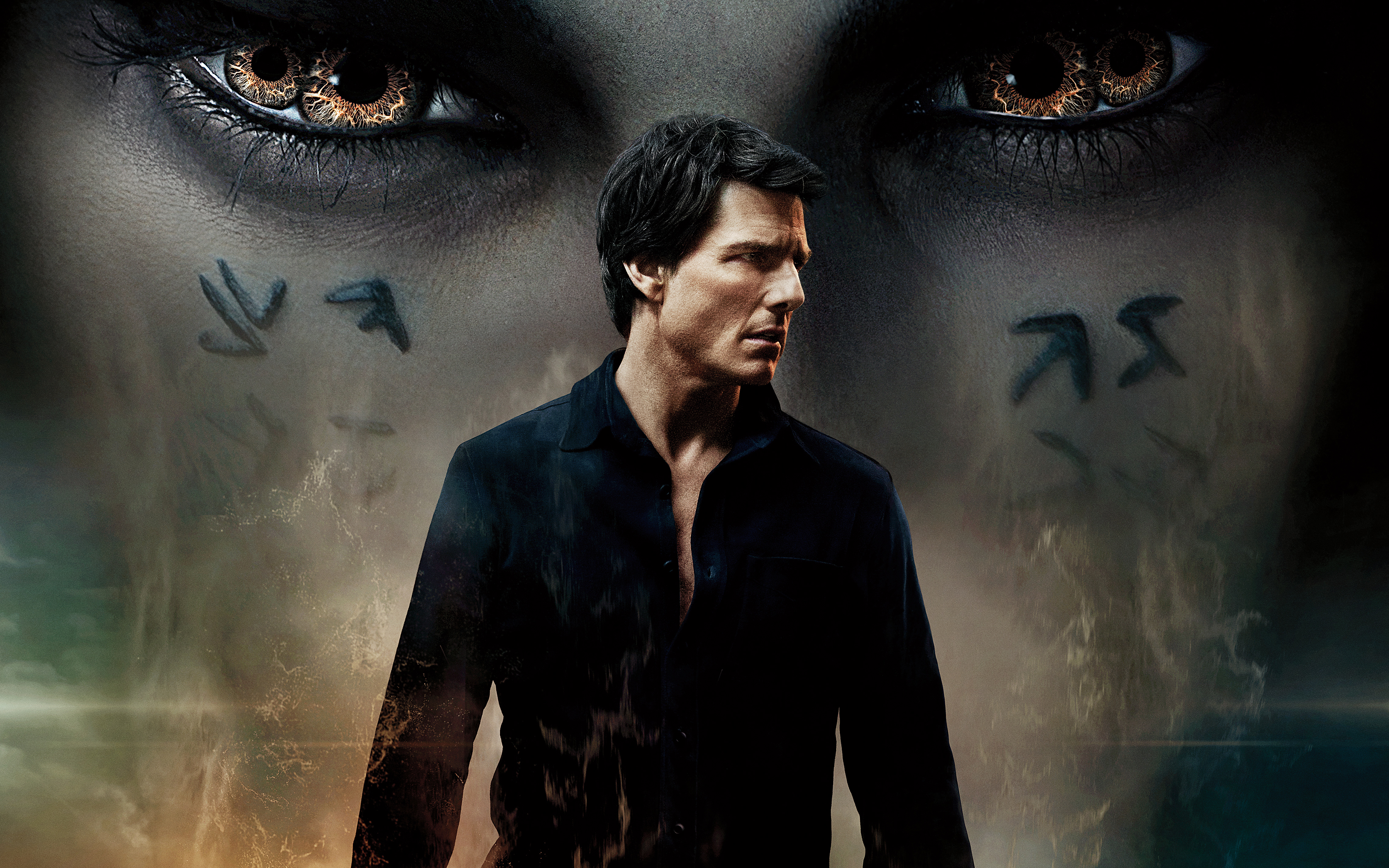Master Gardener
by Hope Madden
A damaged man imposes order on his life, eventually growing confident enough in this structure to try to save someone else because he cannot save himself.
That’s right. This is a Paul Schrader movie. Like most of Schrader’s best features (First Reformed, The Card Counter, all the way back to his script for Taxi Driver) Master Gardener delivers a variation on that same riff. Lucky his characters are so compelling they keep us watching.
In this case, that character – the titular gardener – is Narvel (Joel Edgerton). Narvel tells us, via his journal: Gardening is a belief in the future, that change will come in its due time.
Is Schrader growing more optimistic? Or will we grow to hope for Narvel only to witness the worst possible outcome (a la Card Counter)? Longtime fans may get a little nervous before the general moviegoer, but either way, Schrader sets a hook early.
The other element that jumps out early is the look of this film. Schrader’s gift for visual composition has never seen so exceptional a vehicle. Fitting, given the beauty of a garden. The lovely orderliness of Narvel’s garden is set against the riotous disarray that arrives in the shape of Mya (Quintessa Swindell): sloppy clothes, hair everywhere, no plans, no future. Maya doesn’t crave orderliness. Mya just is.
What Mya is not is like her Great Aunt Norma (Sigourney Weaver, letter perfect as the wealthy matriarch of the estate). Norma has arranged for Mya to apprentice on the property. She’d like Narvel, or “Sweet Pea” as she calls him, to look after the girl.
The arrival of this outsider sets wheels in motion. Narvel’s once orderly world now falls victim to his own past, drug dealers, the Feds. Edgerton’s a solid choice for the role, stoic but roiling with regret and quietly desperate for redemption. Swindell’s free spirit, tempered with the justifiable righteousness of youth, offers an excellent counterweight and Weaver outshines them all, stealing every inch of scene she’s in.
But they don’t have enough to do. Redemption feels unearned. Drug addiction is treated as too easily overcome. Most troubling is the way racism is skirted throughout the film.
“Gardening is the manipulation of the natural world, the creation of order out of disorder,” Narvel tells us. Filmmaking can provide much the same exercise. But forgiveness comes too easy for this damaged antihero, and Master Gardener feels too much like Schrader light.











